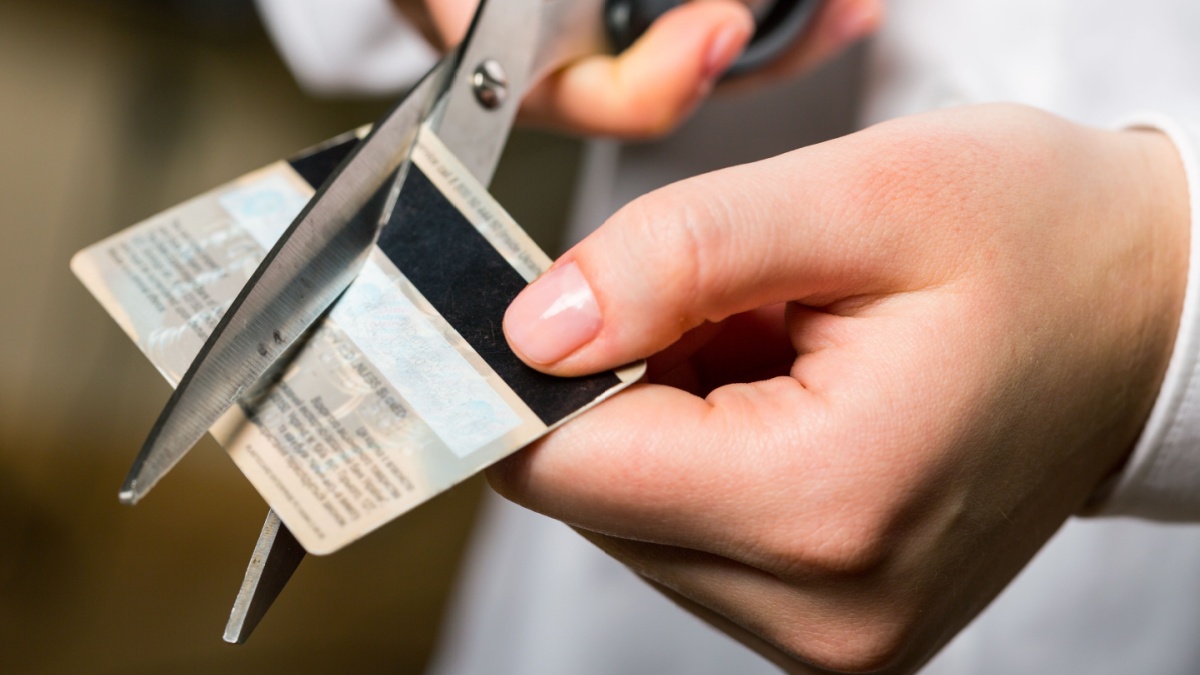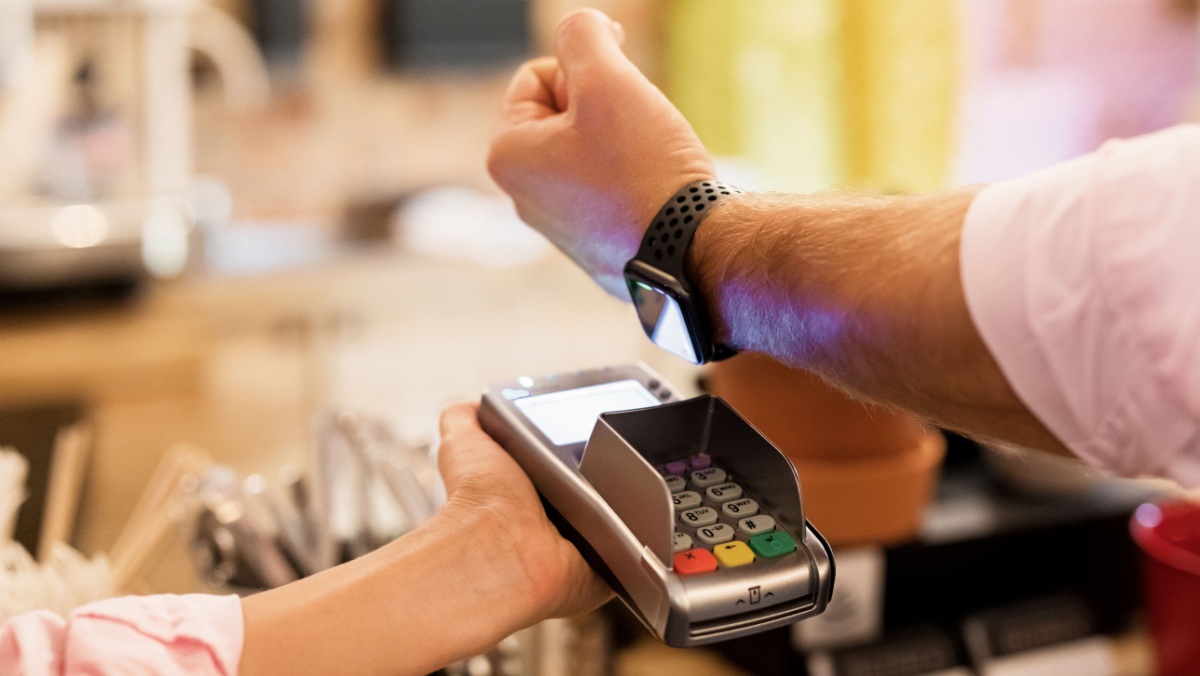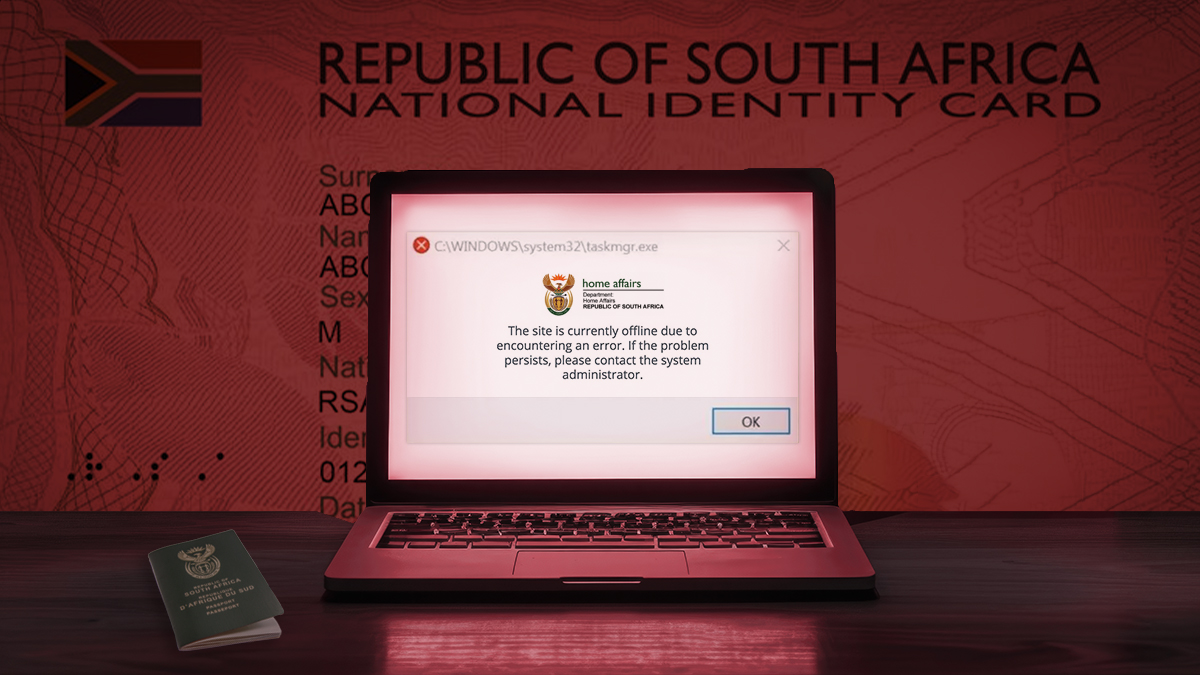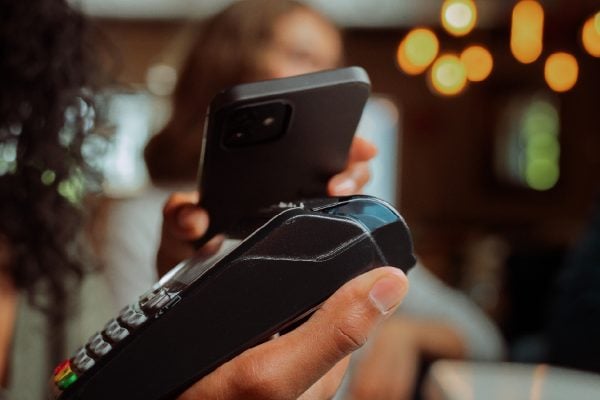South Africans saying goodbye to bank cards

Many of South Africa’s major banks have recently seen significant increases in digital wallet adoption and usage.
The trends show more people are becoming comfortable with using their smartphones or smartwatches to transact rather than using physical bank cards.
Digital wallets allow users to securely link their card details to a mobile app on devices with a near-field communications (NFC) chip.
They can then make payments by tapping or holding the NFC-capable device near any contactless-enabled payment terminal.
NFC support has become a common feature on mid-range and some budget smartphones, after initially only being available on premium devices.
Digital wallets can also be used to make online checkouts easier and faster.
The main four tap-to-pay digital wallets in South Africa are Apple Wallet, Google Wallet, Samsung Wallet, and Garmin Wallet.
Eight major banks support these apps: Absa, Capitec, Discovery Bank, FNB, Nedbank, RMB, Standard Bank, and Investec.
South Africa’s biggest bank by assets — Standard Bank — recently told MyBroadband that its digital wallet transaction volumes and values increased by 54% and 57%, respectively, between 2023 and 2024.
“Wallet transaction volumes made up 5% of total transaction volumes in 2024, 1.5 percentage points higher than in 2023,” the bank said.
The bank also said that 16% of the cards it had issued to customers were loaded to digital wallets in 2024, up from 11% in 2023.
Cheque cards accounted for 63% of total wallet transactions, while credit cards contributed 31%.
The bank believes the are several reasons why digital wallet adoption should be encouraged over physical card usage.
The first major benefit is that digital wallets offer enhanced security.
“Since wallet transactions use tokenisation and encryption combined with biometric authentication, it makes the transactions more secure,” Standard Bank said.
Card-based tap payments are already far more secure than swiping or chip-and-PIN payments, which require that the card leave the customer’s hands.
However, most banks don’t allow customers to change the maximum transaction amount for a tap payment to be processed without entering a PIN.
When using a digital wallet app, users must first unlock their device using a PIN, password, fingerprint, or facial recognition.
The bank also argues that digital wallets offer additional convenience and accessibility.
“Digital wallets allow for convenience without carrying multiple cards with you and just a tap on your phone to complete your transaction,” the bank explained.

More banks reporting big digital wallet growth
Several other major banks previously reported big increases in digital wallet adoption and transactions.
In August 2024, Absa card issuing executive Tshipi Alexander told MyBroadband that enrollments and transaction values had increased by 20% and 75% year-on-year.
Capitec, which was slower to adopt the technology, recorded a 238% increase in digital wallet values and a 225% jump in transaction volume between June 2023 and June 2024.
Nedbank solutions innovation executive Dayalan Govender also confirmed a significant increase in digital wallet transactions in 2024.
Another technology that is reducing the need for physical cards is virtual cards.
While a main advertised feature of these cards has been for enhancing security in online shopping, a virtual card can also be linked to a digital wallet for in-person payments.
Some banks also allow users to create virtual cards that are not linked to a particular physical card but instead interact directly with the customer’s chosen account.
Of the four wallets supporting tap transactions in South Africa, most banks have reported Apple Wallet to be the most popular.
In the case of Standard Bank, the wallet accounted for 83% of transactions in 2024.
































